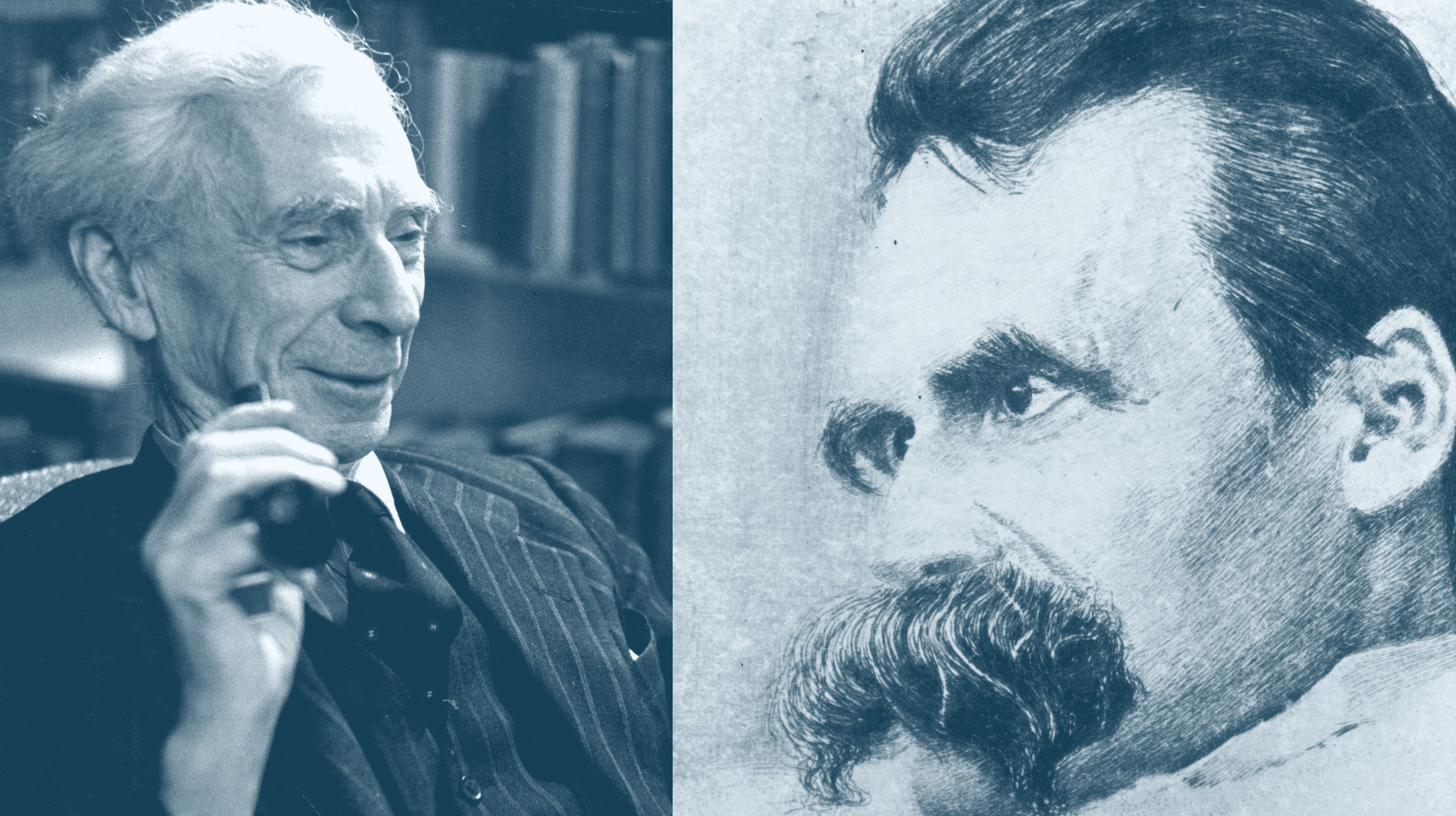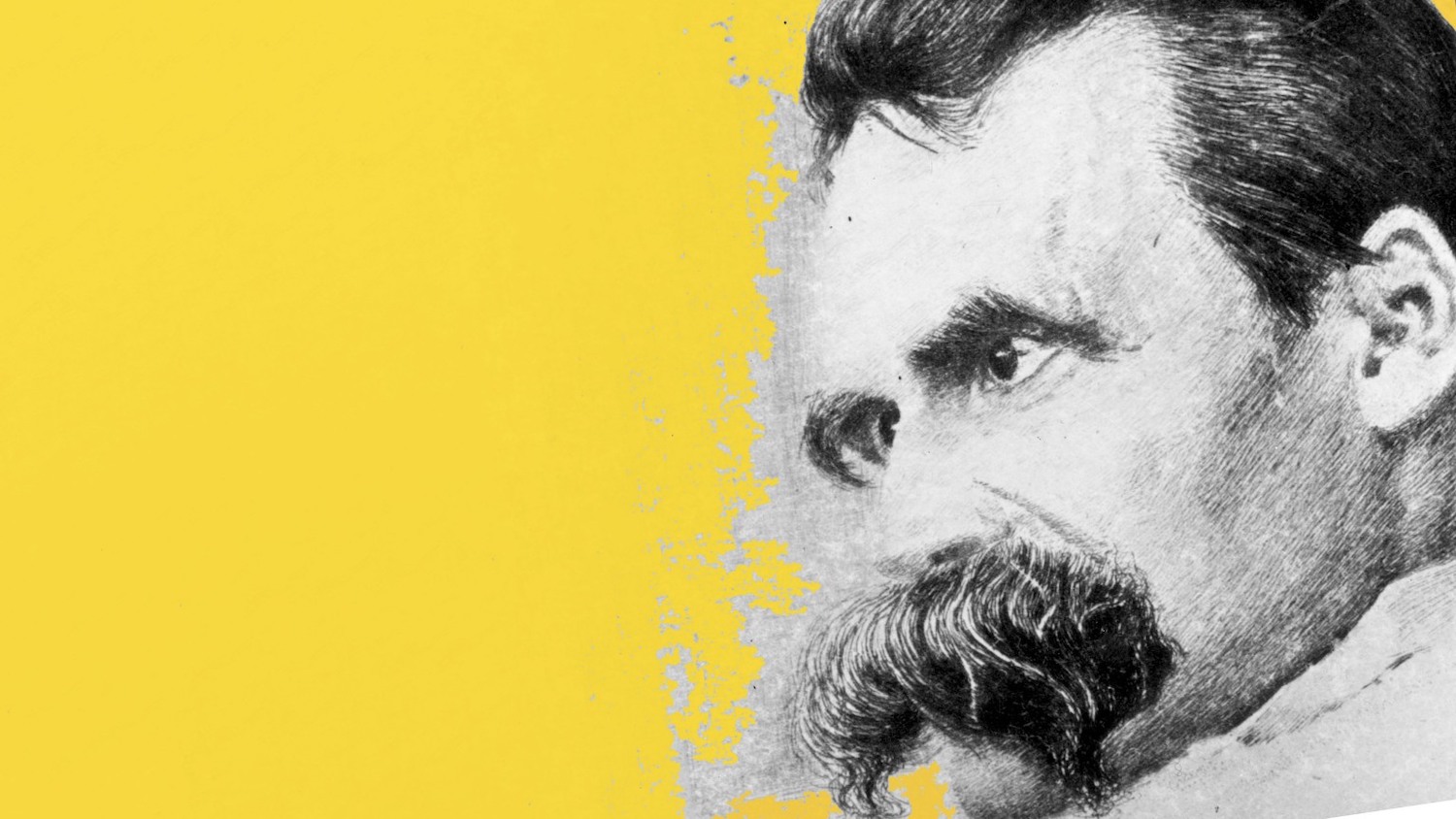These are the 4 types of atheism

- The dictionary definition of “atheist” is fairly clear: someone who lacks belief in God or gods.
- But given the different ways people commonly use “atheist,” the term doesn’t tell you much on its own.
- Categories like atheist and theist can make it seem like people are rigidly divided along the lines of belief, but human ambivalence and doubt might render us more similar than it appears.
When discussing religious beliefs, the language we use often sorts people into rigid, binary groups. You’re either a theist or an atheist. A believer or a nonbeliever. But take a closer look at how people conceptualize God and the supernatural, and these distinctions begin to lose their meaning.
When somebody calls themselves an atheist, for example, what are they really conveying about their beliefs or lack thereof? Even though the dictionary definition of “atheist” is fairly clear — someone who lacks belief in God or gods — the term doesn’t tell you much on its own.
“To be an atheist is to entirely reject belief in the supernatural, or belief in a god or a deity,” Clay Routledge, an existential psychologist and writer, told Big Think. “But I actually think that it’s a much more complex and much more interesting story. Even among atheists, there’s lots of different ways of conceptualizing this idea.”
Watch our feature interview with Clay Routledge:
Four types of atheism
As religious affiliation continues to decline in the U.S. and other nations, it’s worth considering the different shapes that a lack of belief in the supernatural can take. While not an exhaustive list, here are a few ways to conceptualize what people mean when they use the word atheist.
The nonreligious: One of the broadest types of atheism is simply not subscribing to a religion. It’s often the case that nonreligious people aren’t necessarily rejecting the existence of the supernatural or God (after all, you can be nonreligious and still believe in forms of spirituality), but rather the dogmas of traditional religions.
Then again, not subscribing to a religion doesn’t require you to actively reject any particular belief system. It simply means you don’t subscribe to one. As such, disinterest might be a key factor for some people in this group; maybe they couldn’t care less about grand questions concerning the “other side.”
In 2021, the Pew Research Center’s National Public Opinion Reference Survey found that 29% of U.S. adults consider themselves religious “nones.” This “nones” group comprised multiple subgroups, including one that arguably best describes the disinterested nonreligious: people who said their religious identity was “nothing in particular.”
Emotional atheists: If the nonreligious are the “nones,” emotional atheists could be considered the religious “dones.” Emotional atheists are atheists whose lack of belief — or active rejection of belief — stems primarily from negative emotions.
One example is someone who has become understandably resentful of religion. Maybe they suffered abuse in the church, were disowned due to their parents’ beliefs, or experienced a tragedy so horrible that they can’t understand why God would allow such a thing to occur.
The emotional atheist, driven by negative experiences, actively rejects God. It’s a somewhat contradictory position to take, considering that, “to be angry at something means, at some level, [you] have a concept of its existence,” Routledge told Freethink.
Social atheists: This group might harbor varying levels of religious or spiritual beliefs in their private moments, but they don’t care to share or broadcast them. Maybe they consider it rude. Maybe they don’t care to participate in the cultural practices of religious life. In any case, the religious or spiritual beliefs are a personal pursuit to this group.
Antitheists: In addition to lacking religious beliefs, antitheists take an active stance against religions. One of the most famous and outspoken writers to argue this viewpoint in recent history was the late Christopher Hitchens, who once said:
“I’m not even an atheist so much as I am an antitheist; I not only maintain that all religions are versions of the same untruth, but I hold that the influence of churches, and the effect of religious belief, is positively harmful.”
Putting atheists to the test
No matter the type, atheists are generally inclined to think God does not exist. But how closely do atheists’ self-reported beliefs match what they feel deep down?
That was one of the driving questions behind a 2014 study published in The International Journal for the Psychology of Religion. In the study, researchers asked atheists and religious individuals to read aloud statements that dared God to do awful things. Examples included:
- I dare God to paralyze my mother.
- I dare God to make my home catch fire.
- I dare God to turn all of my friends against me.
When asked how unpleasant it was to utter statements like these, the atheists reported not finding it as unpleasant as believers did. Not surprising. After all, if you don’t believe in God, these statements should be nothing more than empty words.
But less expected were the results of the participants’ skin conductance tests, which are used to measure emotional arousal. The results showed that both atheists and believers displayed high emotional arousal while reading the God statements. So, even though the atheists reported that daring God to do awful things wasn’t too unpleasant, the physiological measurements suggested otherwise.
One explanation for why atheists experienced heightened arousal while reading the statements is that it would be emotionally unpleasant for anyone to utter such ugly sentiments, regardless of what they believe. However, the researchers also had participants utter statements that were offensive or which wished for bad things to happen, but didn’t mention God.
The results showed that atheists were more emotionally affected by the God statements, according to the skin conductance tests. To Routledge, studies like this highlight our often surprising ambivalence toward big existential questions.
“Hardcore atheists think that they’re not at all guided by supernatural ideas and concepts, but we know from research that they do have a tendency to engage in teleological thinking — to see things in terms of design and purpose,” he told Big Think.
Although binary categories like atheist and theist can make it seem like people are rigidly divided along the lines of belief, ambivalence and doubt might render us more similar than it seems. C.S. Lewis, the British writer who converted from atheism to Christianity after a late-night conversation with J.R.R. Tolkien and Hugo Dyson, once wrote:
“Believe in God and you will have to face hours when it seems obvious that this material world is the only reality; disbelieve in Him and you must face hours when this material world seems to shout at you that it is not all.”





